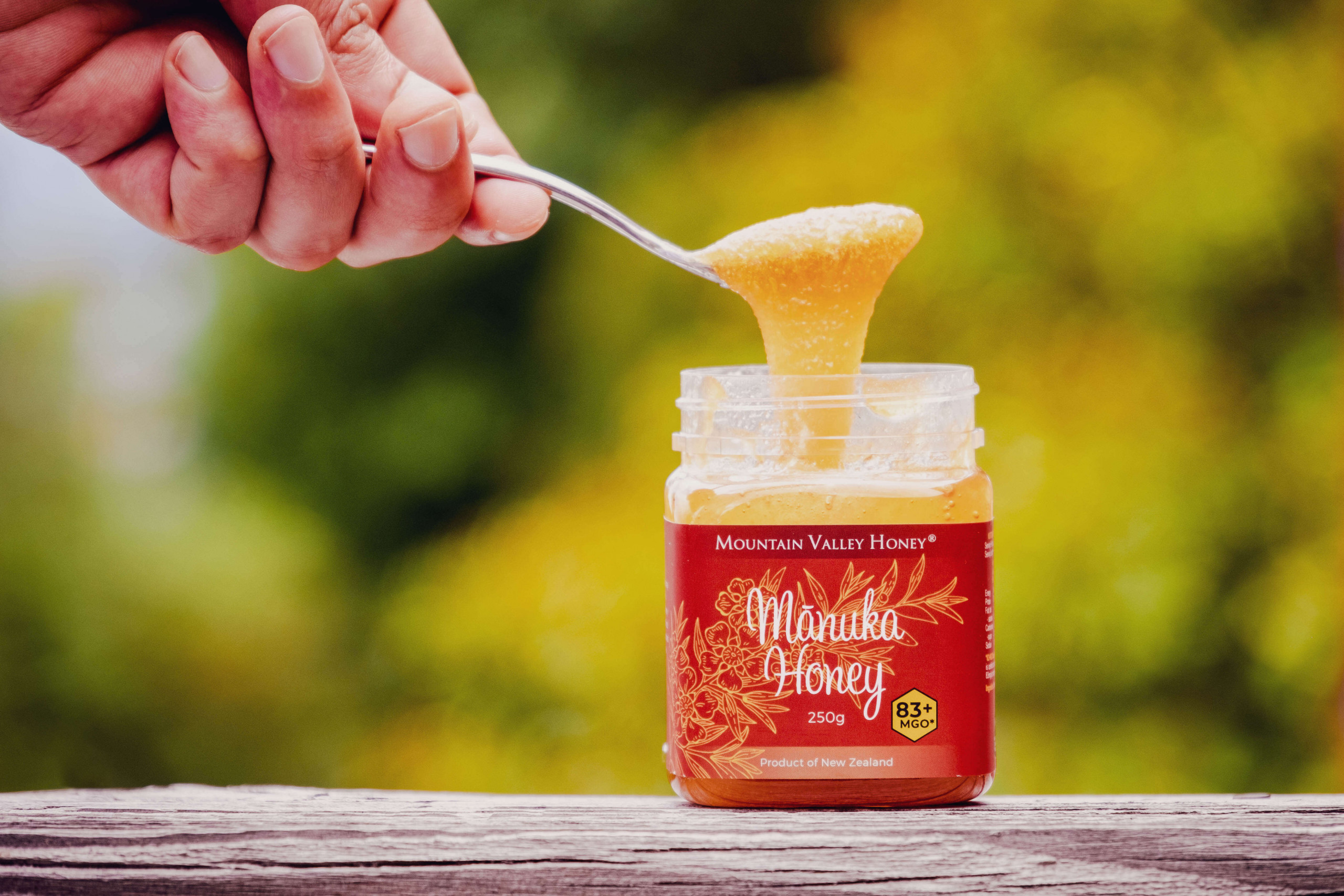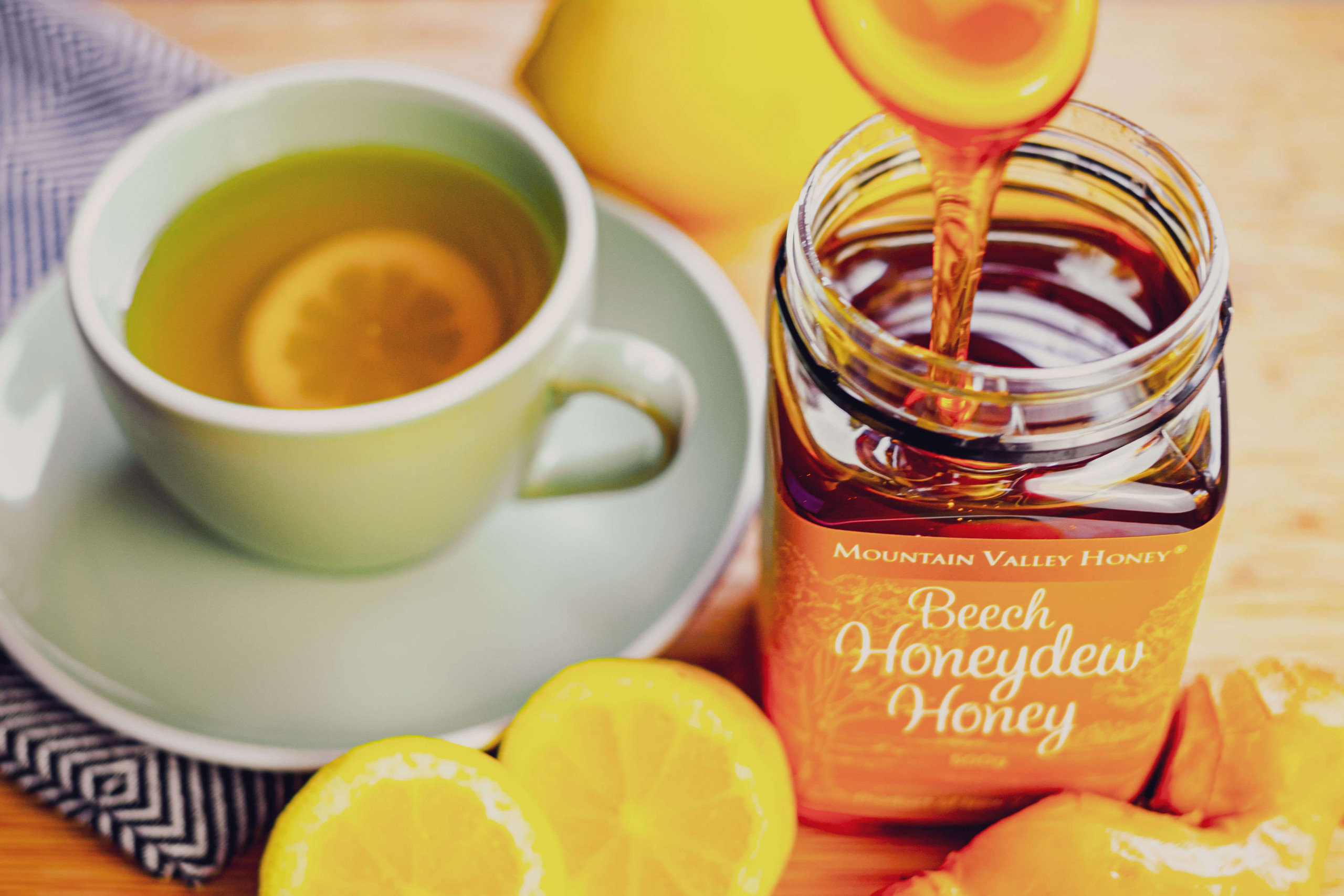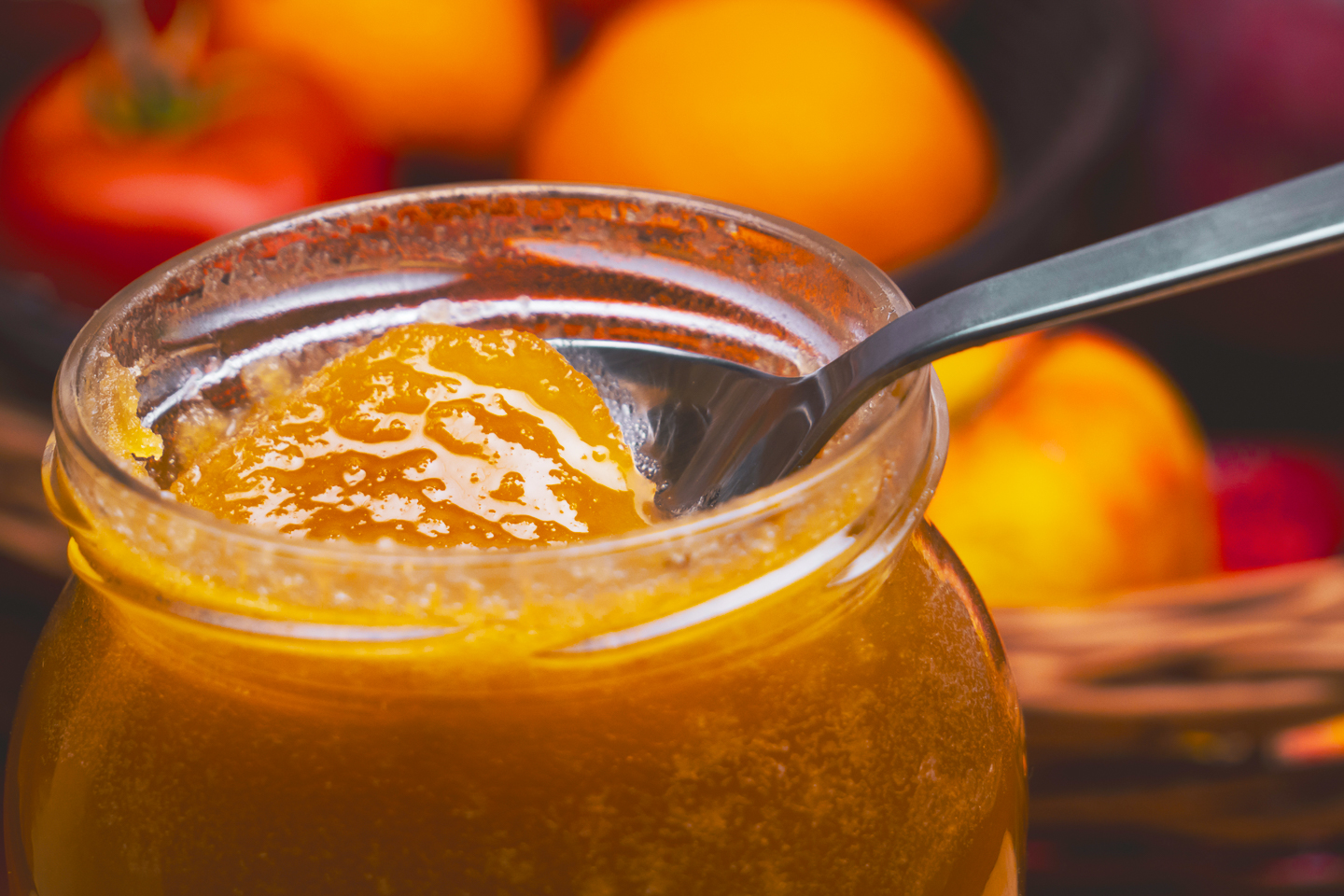What Is Kanuka Honey: 4 Unique Health Benefits of Kanuka Honey
New Zealand is renowned for Manuka honey, but have you heard of Kanuka honey? Not many people know about Kanuka honey, despite research pointing to a range of health benefits. In this article, we answer the question “What is Kanuka Honey” and highlight some of the associated health benefits.
Kanuka honey is derived from the nectar of flowering Kanuka trees, which can grow as tall as 30 meters. It’s cousin, Mānuka, are smaller trees that can grow as tall as 10 meters.
Both trees are endemic to New Zealand’s native forests but Mānuka accounts for about 70 to 75 per cent of the country’s honey exports. In all, New Zealand exports around $350 million worth of honey a year to various countries like Australia, the US, the UK, Japan, Germany, Belgium, and more.

Kanuka honey can treat the symptoms of rosacea
Kanuka has shown to be a promising treatment for certain skin conditions, including rosacea. This skin condition manifests as red rashes on the face, on the cheeks, and around the nose. Around five to ten per cent of adults have this condition. Although it is not life-threatening, it can be uncomfortable and some find the condition embarrassing.
In a randomised controlled trial of 138 adults with rosacea, researchers found that 34% of participants experienced a marked reduction in their symptoms.
Furthermore, they observed that the changes improved over time. In the past, the condition would typically be remedied by antibiotics, which leads to long-term gut problems and antibiotic resistance. In contrast, participants reported no side effects when they used Kanuka face masks.
Kanuka as a treatment for breakouts
Research suggests Kanuka honey is effective at inhibiting the bacteria responsible for acne (P. acnes).
Additionally, Kanuka honey seems to be just as powerful at inhibiting P. acnes as high-grade Mānuka honey with MGO levels up to 829+.
Furthermore, synthetic, bleach-based acne treatments cause dryness, which can lead to more acne. On the contrary, honey, which is naturally moisturising, leaves the skin smoother and more hydrated, which helps prevent future breakouts.
Kanuka honey may be an effective treatment for actinic keratosis
AK (or actinic keratosis) is a skin lesion that presents as rough, scaly plaques, most frequent in elderly patients. Actinic keratosis is usually caused by chronic, cumulative sun exposure.
AK is an early premalignant step towards SCC, a form of carcinoma that develops on the topmost layer of the skin. Treatments for AK usually involve surgical removal or immunomodulatory agents.
The topical application of Kanuka honey has effectively treated symptoms of AK. In a study on the effectiveness of Kanuka against actinic keratoses, the patient’s AK symptoms went into remission within three months of the treatment, and their skin returned to normal within nine months. The researcher notes, though, that there should be a blinded, randomised controlled trial on the effectiveness of honey against premalignant lesions.
Kanuka as a topical treatment
Nearly all research into the medical value of Kanuka honey shows its efficacy against skin conditions. Aside from skin conditions, this honey is effective against burns and other skin trauma.
Conclusion
Though there needs to be more research into this topic, Kanuka is a promising remedy for a wide variety of skin conditions and ailments. Consult your doctor before using Kanuka or any honey for your dermatological and antibacterial needs.
Buy your premium Kanuka honey from Mountain Valley Honey. We are a family-owned and operated company with 2,500 beehives across the top of South Island of New Zealand, and we pride ourselves on our raw & unpasteurised honey!



